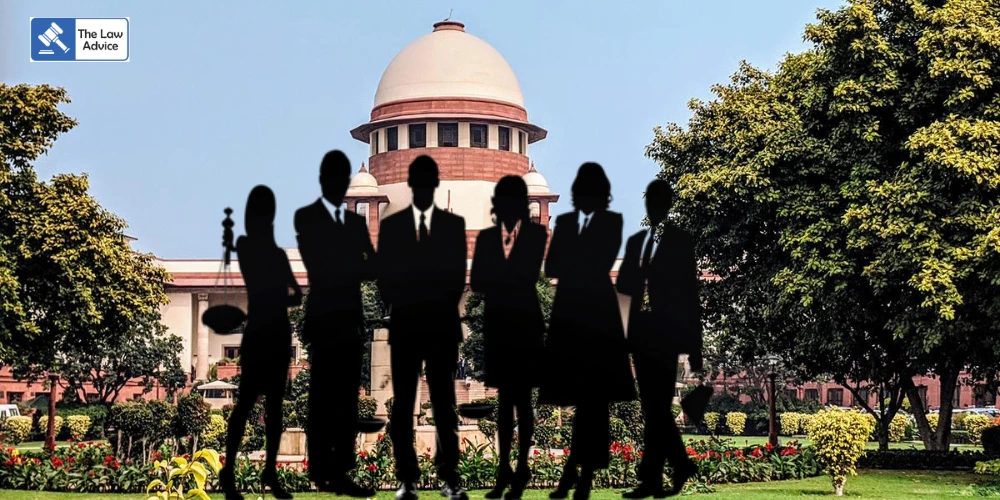
The Supreme Court has framed comprehensive directions governing the production of advocates’ documents and digital devices that may contain confidential client data.
The Court clarified that client documents in an advocate’s possession do not fall under the privilege granted by Section 132 of the Bharatiya Sakshya Adhiniyam (BSA) — in either civil or criminal proceedings. However, such production must follow strict judicial safeguards.
In criminal proceedings, if an advocate is directed to produce a client’s document, it must be done before the court under Section 94 of the Bharatiya Nagarik Suraksha Sanhita (BNSS) read with Section 165 of the BSA, ensuring judicial supervision. For civil proceedings, production will be governed by Section 165 BSA and Order 16 Rule 7 of the Civil Procedure Code (CPC). Once the document is produced, the court must hear both the advocate and the client before deciding on any objections concerning production or admissibility.
Special safeguards were also introduced for digital devices belonging to advocates. If an investigating officer seeks the production of such a device under Section 94 BNSS, it must be produced only before the jurisdictional court.
The court must then issue notice to the concerned client and hear both sides before permitting discovery from the device. If objections are overruled, the device shall be examined in the presence of both the advocate and the client, who may also be assisted by a digital expert of their choice.
Importantly, the bench emphasized that data related to other clients must remain confidential, and only the specific admissible information sought by investigators may be accessed.
The three-judge bench comprising Chief Justice BR Gavai, Justice K Vinod Chandran, and Justice NV Anjaria delivered these directions in a suo motu case concerning the issuance of summons to advocates in criminal investigations.
Key Directions:
1. Client documents with advocates are not protected by Section 132 BSA in either civil or criminal matters.
2. In criminal cases, production must be before the court under Section 94 BNSS and Section 165 BSA.
3. In civil cases, governed by Section 165 BSA and Order 16 Rule 7 CPC, courts must hear both advocate and client before deciding objections.
4. Digital devices sought under Section 94 BNSS must be produced only before the jurisdictional court.
5. Notice to the client and hearing are mandatory before discovery from the device.
6. If allowed, examination shall occur in presence of advocate and client, assisted by a digital expert, ensuring confidentiality of unrelated client data.
The Court further ruled that advocates can be summoned only in cases falling within exceptions to attorney-client privilege under Section 132 BSA, and that prior approval from a superior officer (not below SP rank) is required before issuing such summons.
Case Title: In Re: Summoning Advocates Who Give Legal Opinion or Represent Parties During Investigation of Cases and Related Issues | SMW(Crl) 2/2025
Website designed, developed and maintained by webexy